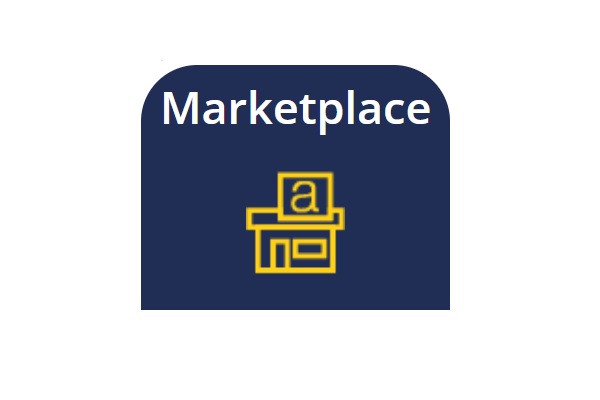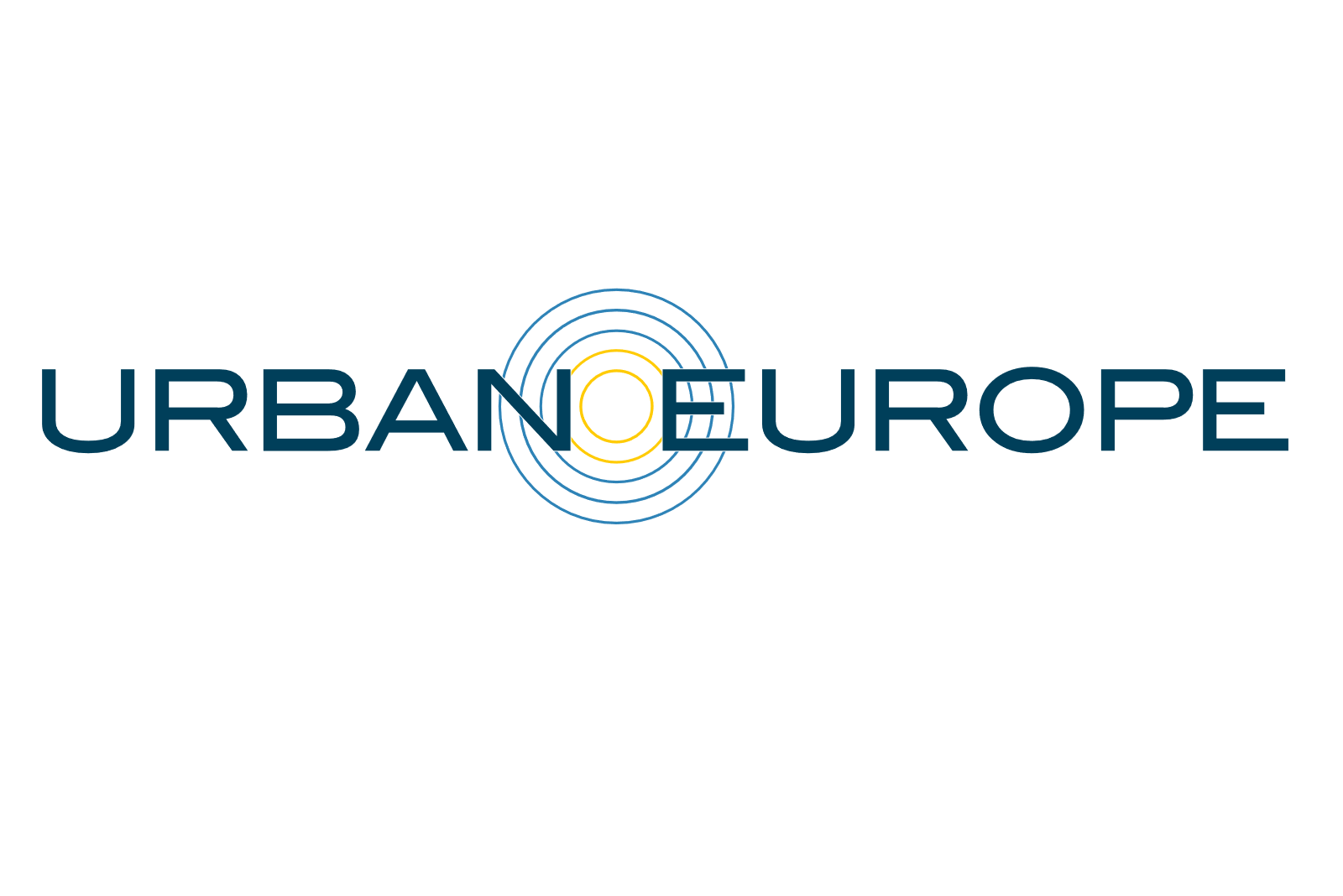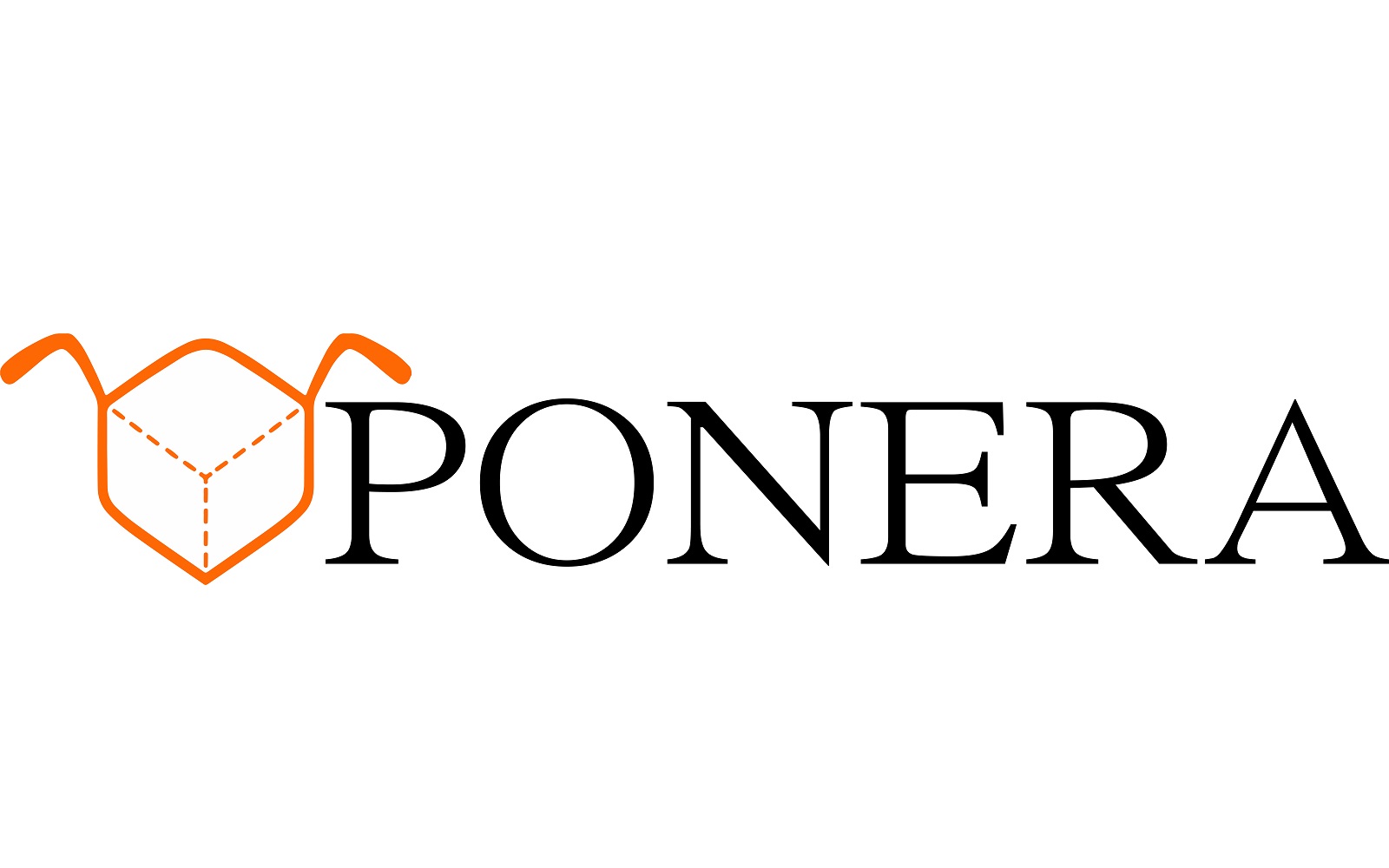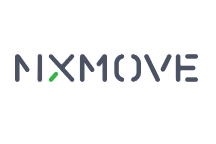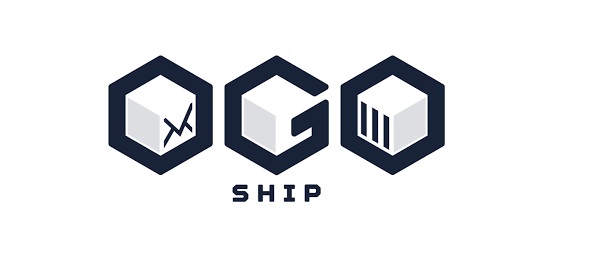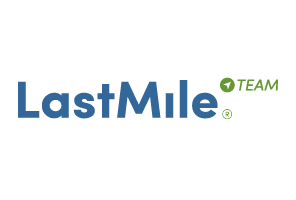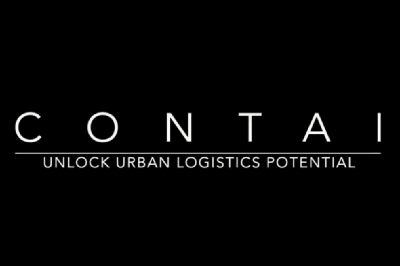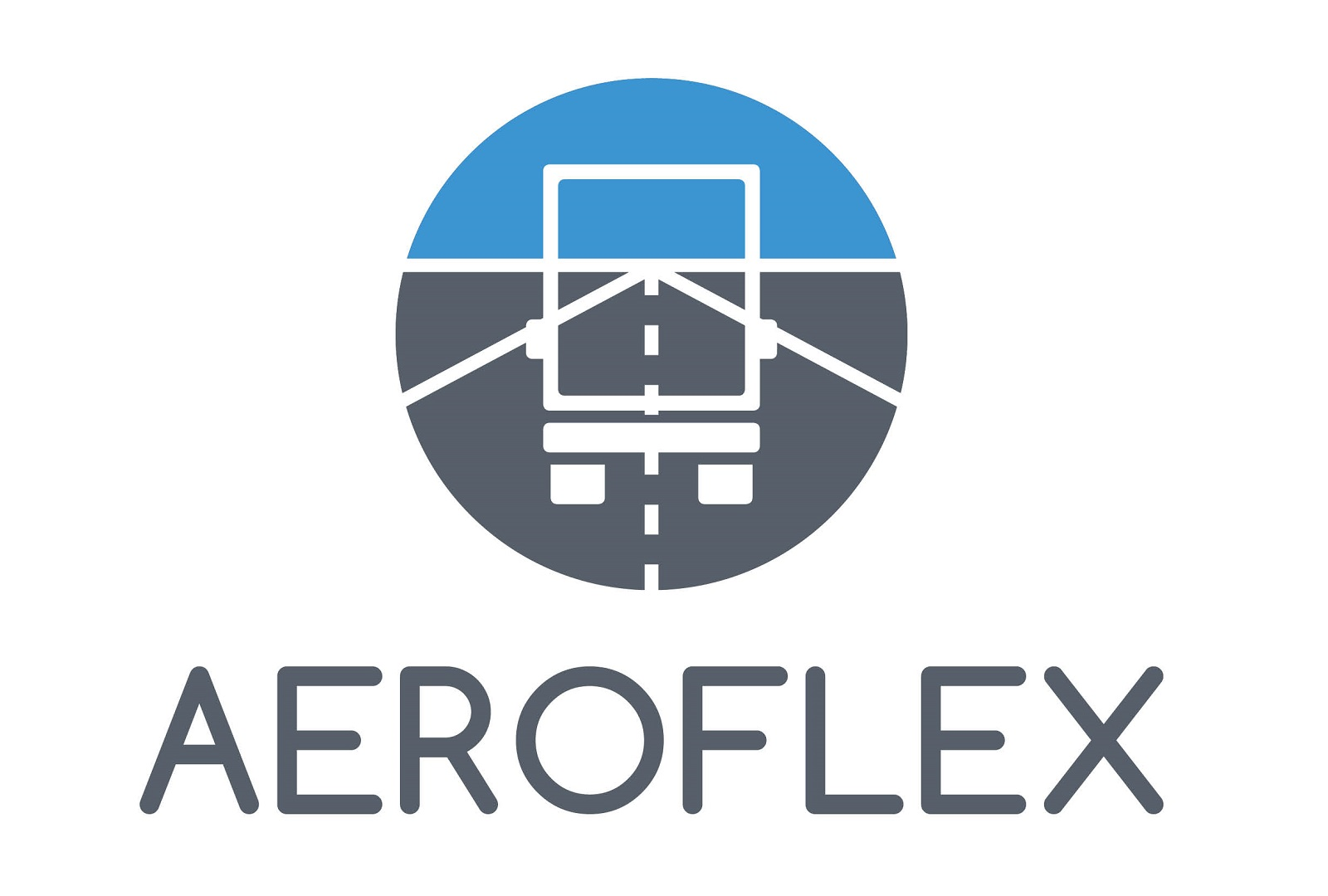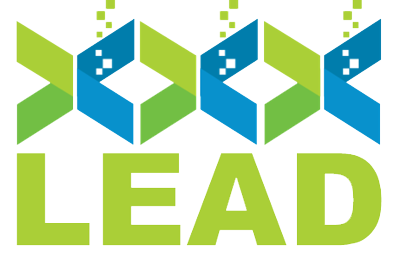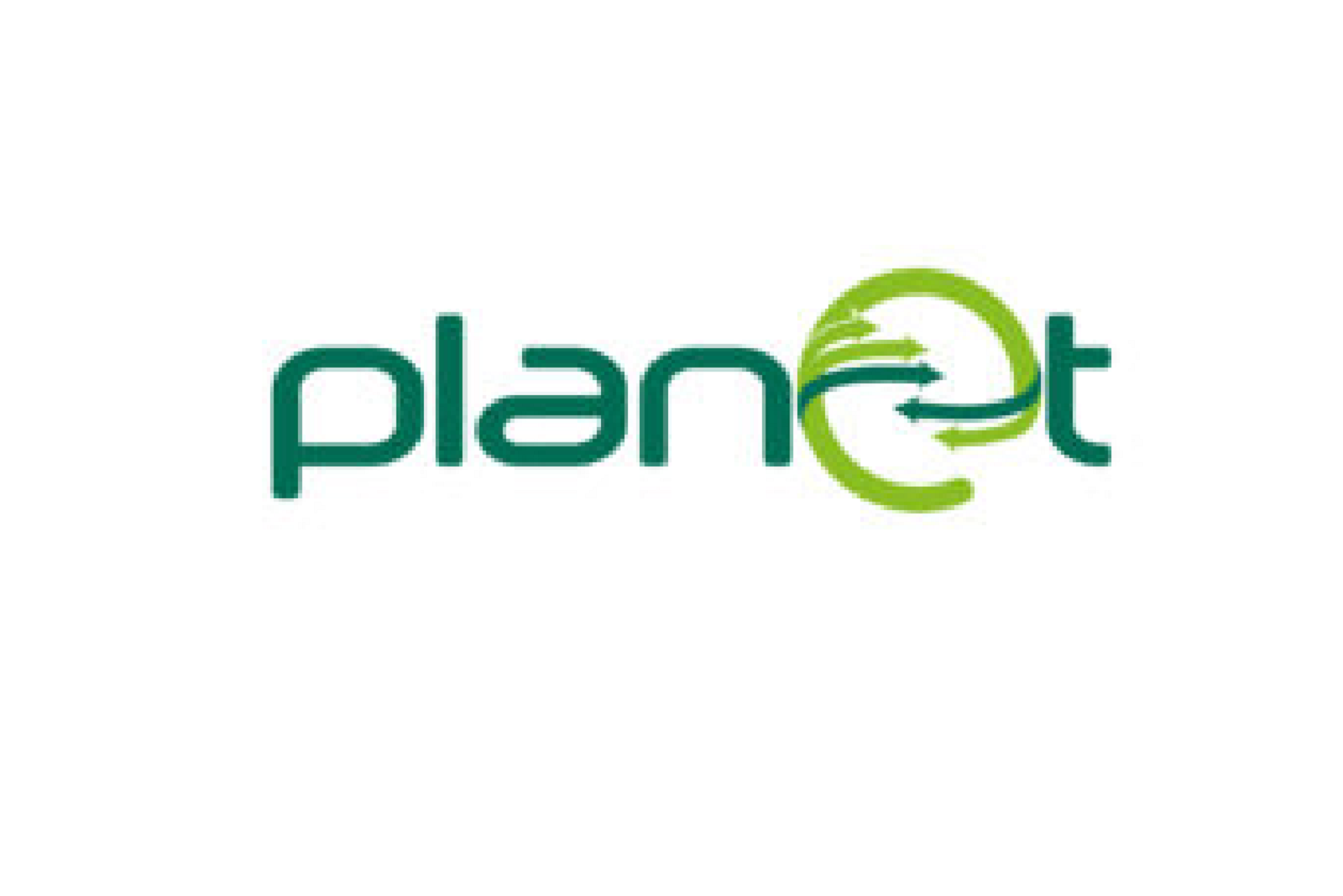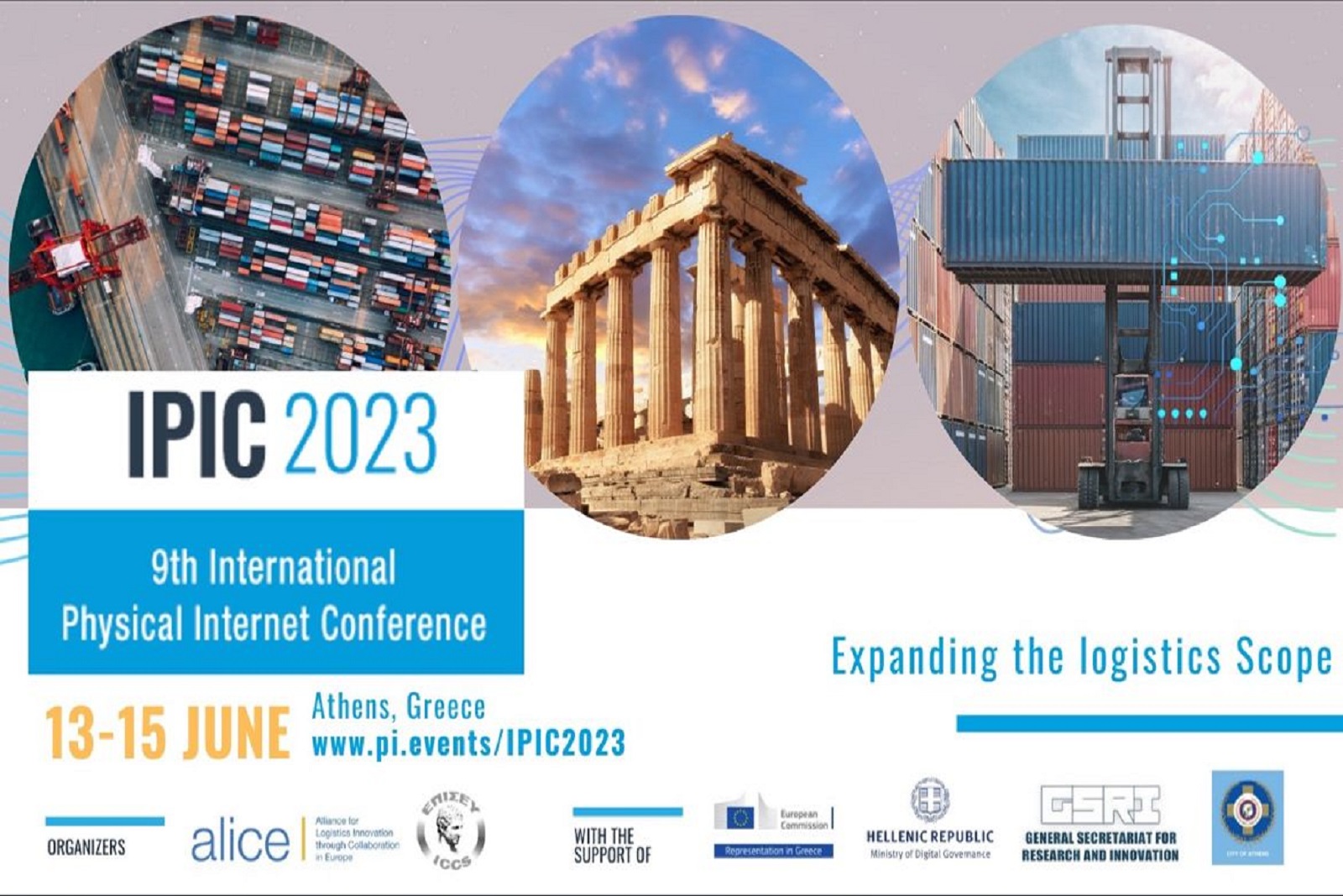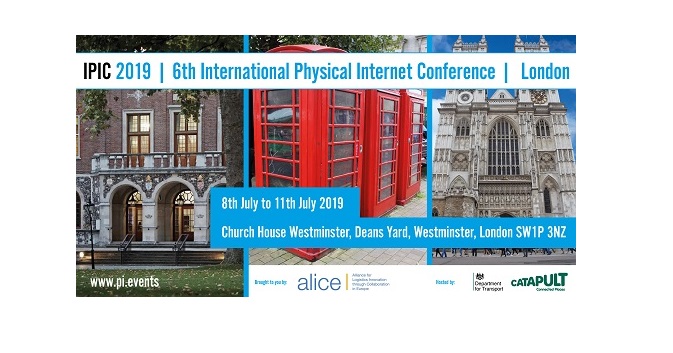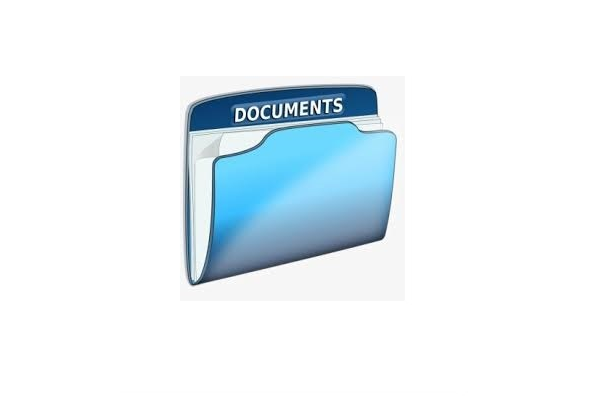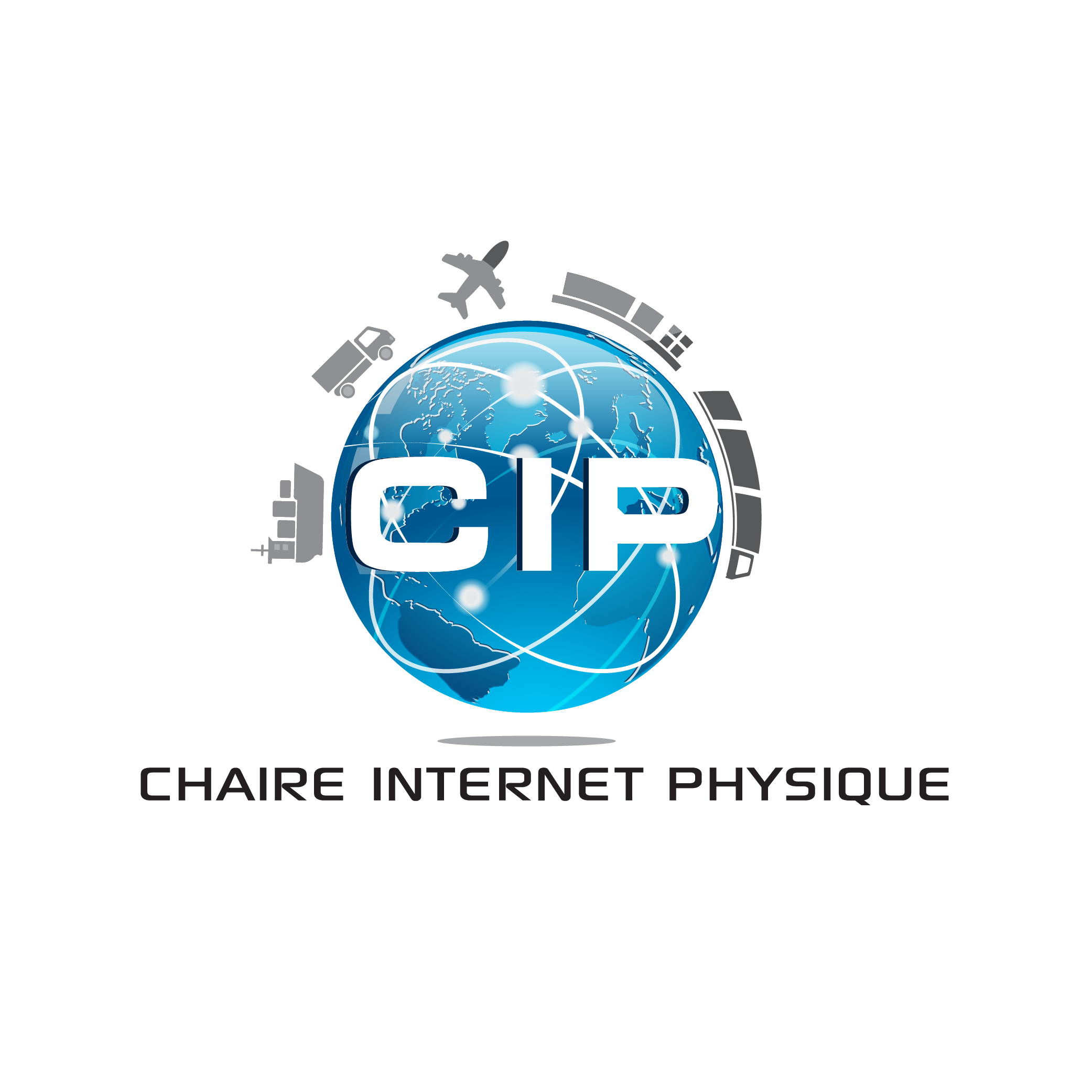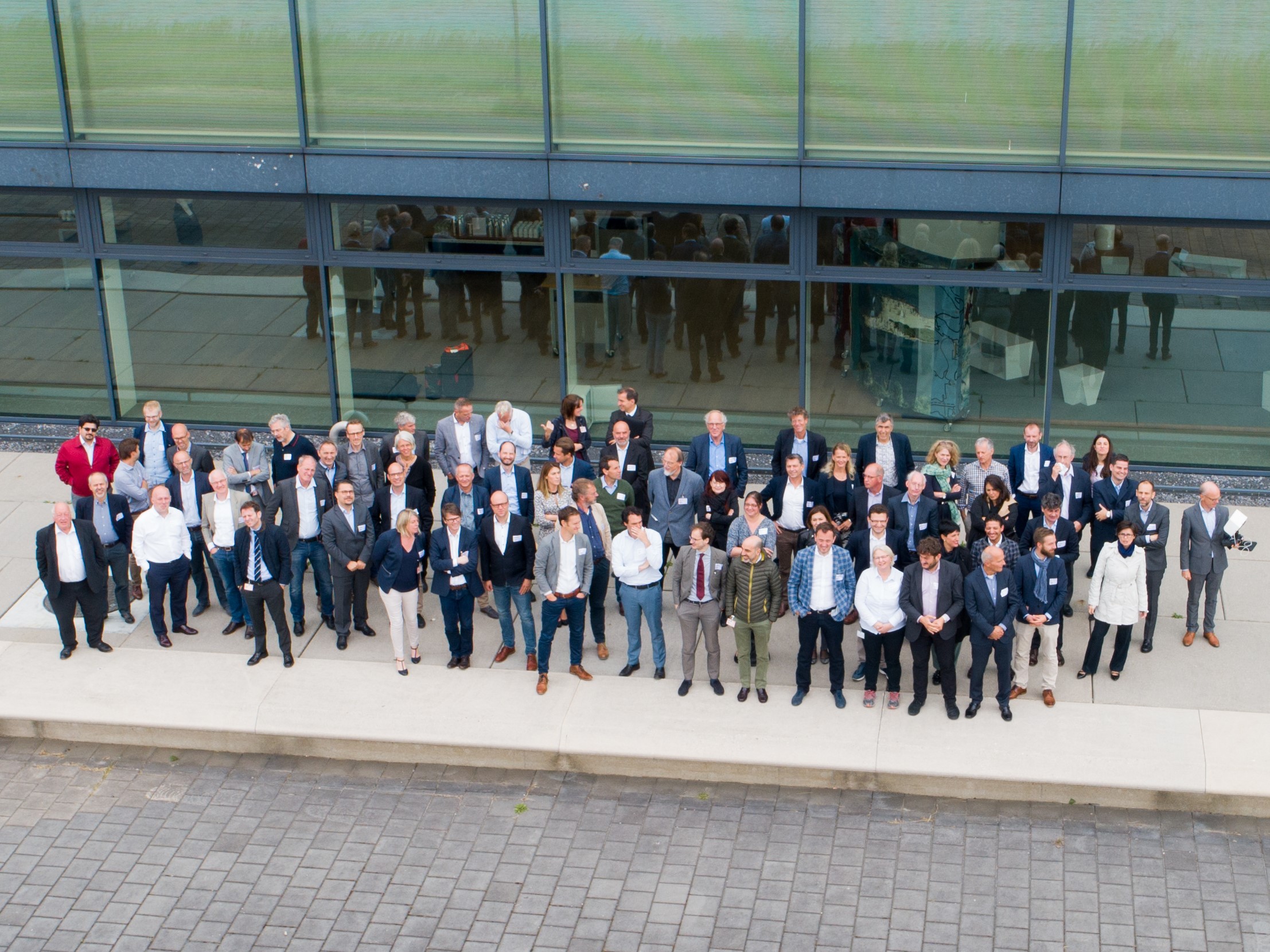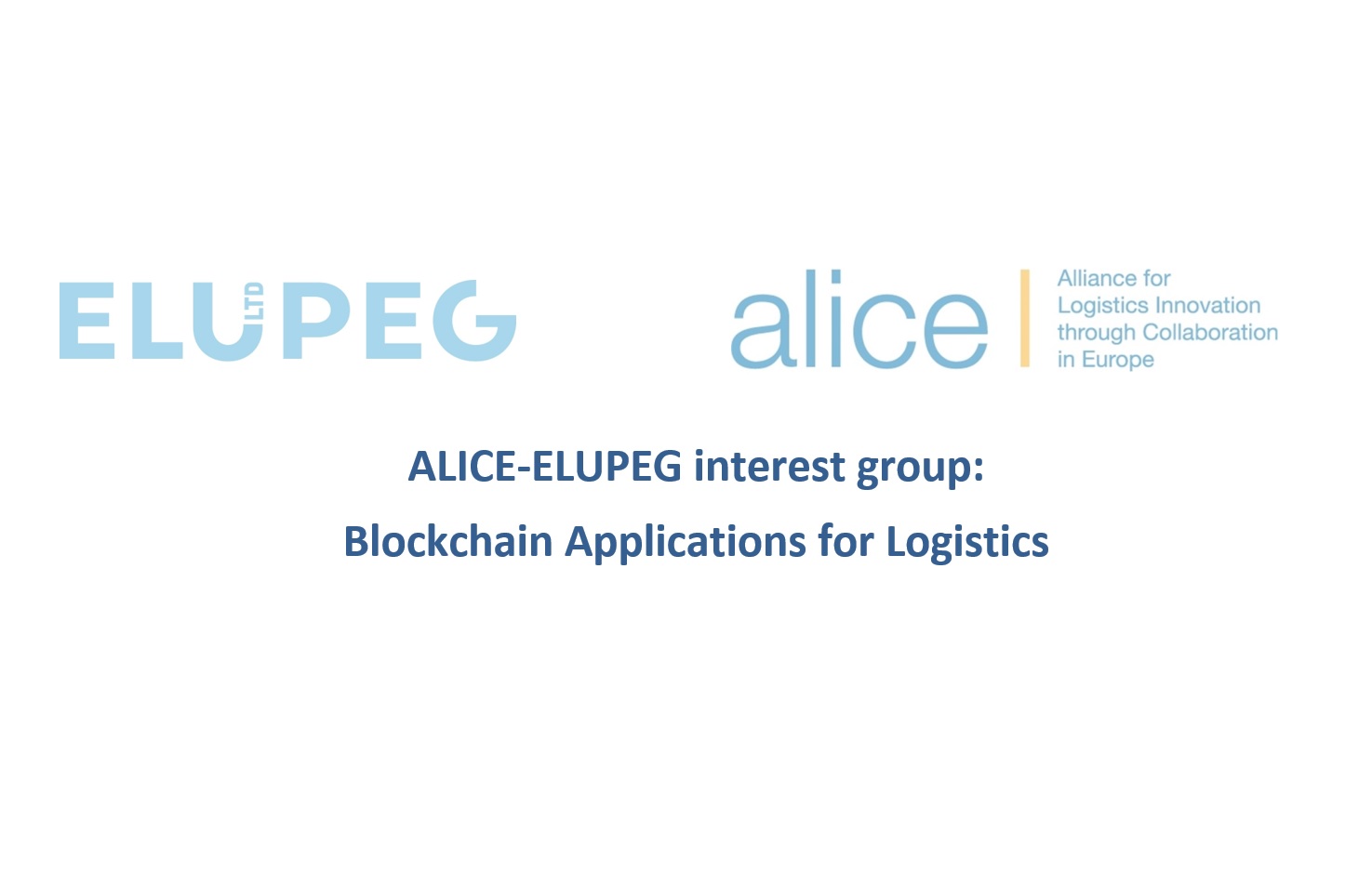OPPORTUNITY
The Internet, created to provide resilient and interoperable
communication across the globe, has evolved to transport today an
immensurable amount of data and this continuing evolution will greatly
impact many areas from industry to health care provision, to traffic
management and intelligent logistics.
During the last decade, the following trends have emerged as part of
what we call “Future Internet”: the Tactile Internet, the Physical
Internet, the Internet of people and Internet of Free Speech.
Applications using these technologies are growing at a fast pace and
spreading through a large variety of sectors and industries. The
implications to society and applications for specific industries –
including banking and finance, connected driving, utilities, transport,
media and creative industry – are limitless.
The Future Internet services requires the use of innovative ways of
combining geo-referenced data with satellite derived data as open data,
businesses data and volunteered data. Satellite communications and 5G
networks underpin these applications providing ubiquitous connectivity
and data relay capability. Exploitation of space-based assets data opens
therefore new opportunities to develop applications related to the
“Future Internet”.
Among others, there is room for:
Physical Internet (PI). It represents an innovation
in logistics which is based on the working principles of the digital
Internet. An internet-like network for goods means no data is
encapsulated in data packets, but goods are encapsulated in
PI-containers. Furthermore, PI-containers are routed through the network
via PI-hubs, like data packets are routed through the internet by
routers. Most candidate PI architectures highlight the necessity of
real-time continuous communication and positioning of the PI-containers.
At sea or in zones not covered with cellular networks, the use
Satellite Communications is a must to accommodate for ubiquitous
communication requirements. The same goes for satellite navigation in
order to always locate the PI-container along its path. Applications of
the PI could be discovered in the logistics sectors that have most to
gain from the PI capabilities, as for example the secure transport of
medical goods (drugs, blood samples,..) and the delivery of fresh food
requiring timely delivery and monitoring of integrity of the goods.
